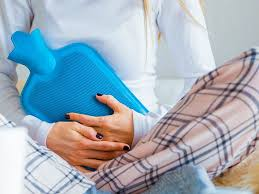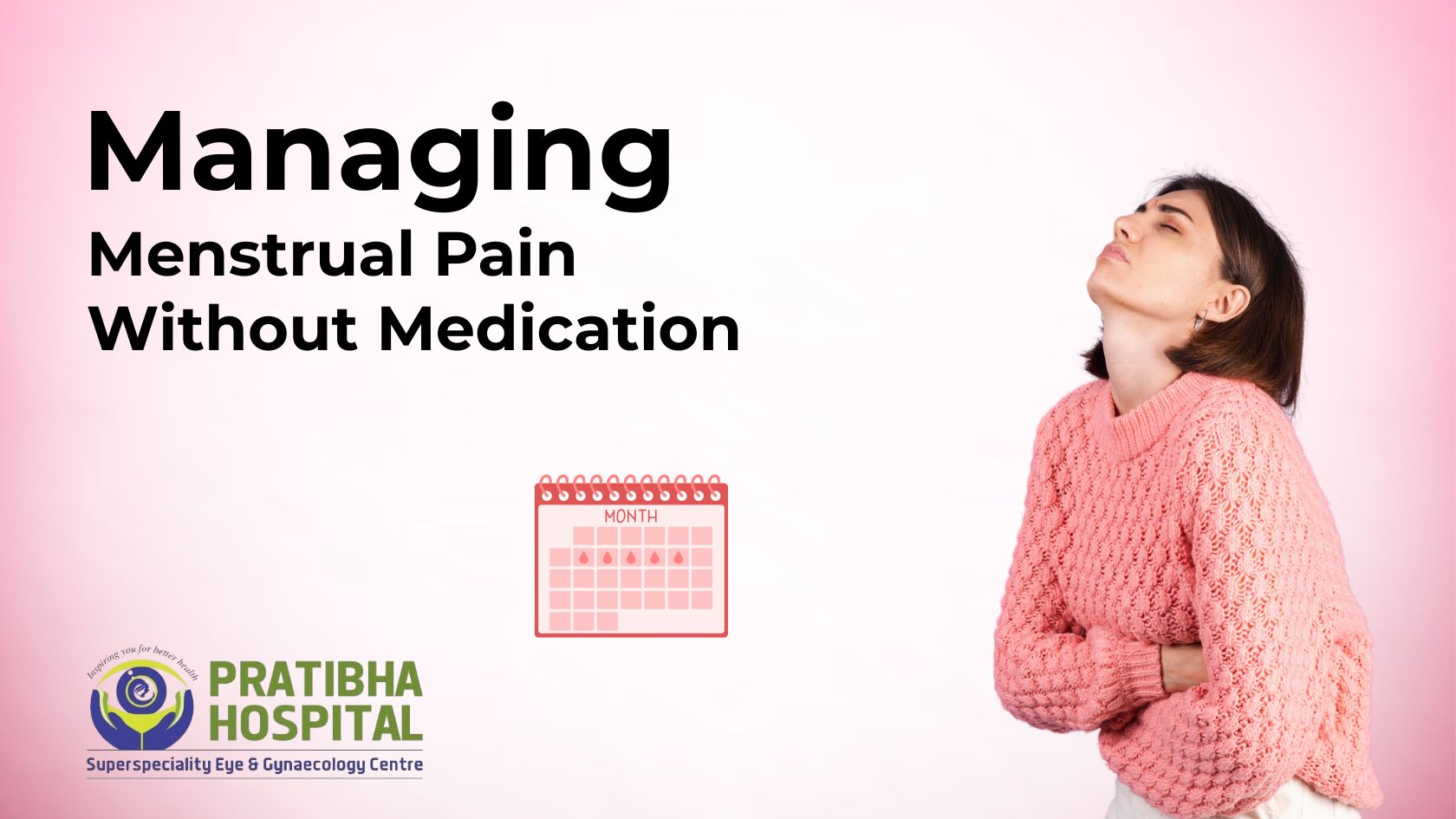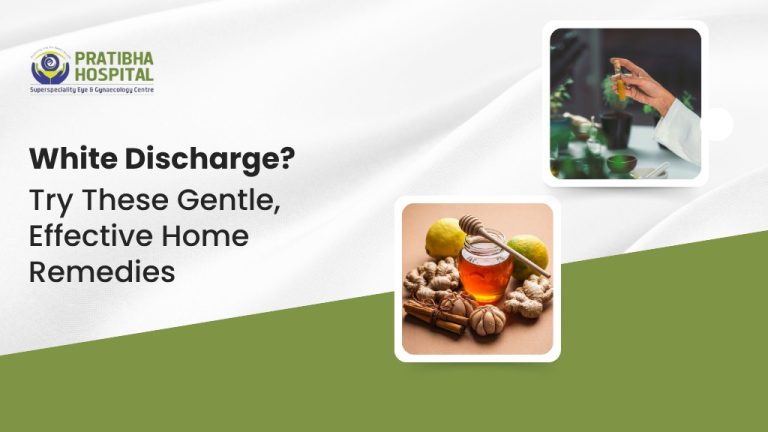Managing Menstrual Pain Without Medication
For many women and girls, menstrual cramps are more than just a minor monthly inconvenience. They can be uncomfortable, exhausting, and sometimes even overwhelming. While over-the-counter painkillers offer quick relief, not everyone wants to rely on medication every month. The good news is there are natural, gentle ways to ease the discomfort and feel more in control of your cycle.

This guide is here to walk you through simple, effective, and medication-free methods to manage menstrual pain. All tips are backed by what gynecologists often suggest to their patients—things you can try right at home.
- Warmth Is Your Best Friend
Applying a heating pad or hot water bottle to your lower abdomen can work wonders. Heat helps relax the muscles of the uterus, which are contracting during your period. Many women say this feels as comforting as a warm hug. Even a warm bath can help soothe cramps and relax your entire body.
- Gentle Movement Over Total Rest
When cramps hit, it’s natural to want to lie still and rest completely. But gentle movement can actually help ease the pain. Activities like a slow walk, light stretching, or simple yoga poses encourage better blood flow and help your body release endorphins—the natural hormones that lift your mood and reduce discomfort.
Even just a few minutes of easy movement can make a noticeable difference, helping you feel more comfortable and in control during your period.
- Stay Hydrated
Staying hydrated might sound simple, but it’s one of the best ways to help ease menstrual discomfort. When the body is dehydrated, bloating and cramps tend to get worse, making you feel more uncomfortable.

Aim to drink about 6 to 8 glasses of water each day to keep things balanced. Adding warm herbal teas like ginger or chamomile not only hydrates but also soothes your body and brings a comforting warmth during those tough days.
- Enjoy Calming Herbal Teas
Speaking of teas, herbal remedies have been used for generations to ease menstrual pain. Ginger tea has anti-inflammatory properties. Chamomile tea helps relax your muscles. Peppermint tea may help reduce bloating. These natural brews can be both soothing and effective.
- Watch What You Eat
During your period, heavy or processed foods can make you feel worse. Try eating small, frequent meals made up of fruits, vegetables, whole grains, and lean proteins.
Eating foods rich in magnesium, like bananas and spinach, can naturally help ease cramps and make you feel a bit more comfortable when your period comes around. Reducing salt, caffeine, and sugar can help reduce bloating and mood swings, too.
- Try Gentle Massage
A light massage around your lower belly with warm oil can ease tension. Some women use essential oils like lavender or clary sage diluted in carrier oils for additional calming effects. It’s about making a simple habit of caring for yourself and finding moments to unwind.
- Practice Breathing and Relaxation
When you’re stressed, pain can feel more intense. Practicing deep breathing or simple mindfulness exercises helps relax your muscles and calm your mind.
Just five quiet minutes of focused breathing can ease tension and bring relief. It’s a gentle, natural way to support your body during cramps—no equipment needed, just a little time and intention.
- Track Your Cycle
Tracking your cycle is one of the simplest yet most powerful ways to understand your body better. Whether you use a period tracking app or just mark dates on a calendar, keeping track of when your pain starts, how long it lasts, and what seems to ease it can make a big difference.
Over time, you’ll start to notice patterns—what days to rest more, when to stay hydrated, or what foods help.
- Listen to Your Body
A little cramping is part of the cycle, but if the pain is so bad it keeps you from living your life, it’s time to take it seriously. If your cramps feel unbearable, last longer than usual, or come with other symptoms like heavy bleeding, fatigue, or irregular periods, it might be a sign of a condition that needs attention.
Early PCOS diagnosis and care can make a big difference in managing symptoms and improving quality of life. Don’t hesitate to seek help if your pain feels more than just normal cramps.
When To Seek Help
Sometimes, home remedies provide comfort, but not always complete relief. And that’s perfectly okay. If menstrual pain starts affecting your ability to focus at work, attend school, or enjoy everyday life, it’s important to recognize that your body might be asking for more support. Severe cramps, irregular cycles, or symptoms that feel “off” shouldn’t be ignored.
Talking to a gynecologist doesn’t mean something is wrong—it means you’re taking care of yourself. Sharing how you feel early can ease your mind and remind you there’s always someone ready to listen and help. Never feel ashamed to seek help. Your well-being deserves attention, care, and the right guidance.
Conclusion
This entire guide is based on everyday conversations and insights from practice at the best gynecology hospital in Jalgaon. Menstrual health management is essential for women’s well-being. These are the same gentle suggestions shared with many women every day—practical, natural, and caring.
If at any point it feels like things are getting too confusing or painful to manage alone, there is always someone to talk to. Reaching out for guidance can make all the difference—and sometimes, just having a supportive gynecologist by your side brings the greatest relief of all.




